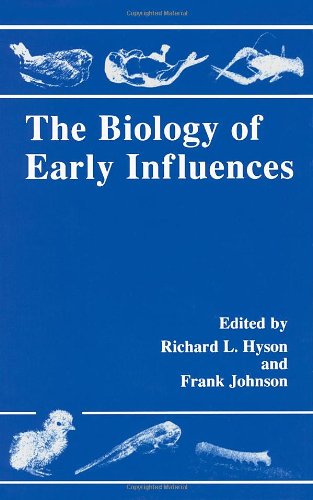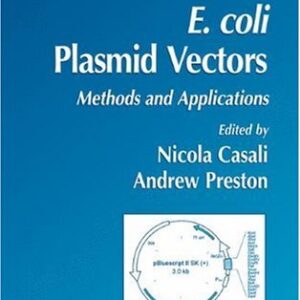The role of experience is crucial in the development of the nervous system. The definition of experience includes neural activity, hormonal environment, and social interactions, as well as exposure to sensory stimuli. There are a variety of organism-environment interactions that guide the development of the nervous system. There is evidence that early sensory experiences enhance brain development and make for a more intelligent adult. A common theme throughout the book is the biological mechanism of early experiential influences in neural development. The book covers three stages of development: (1) embryonic or perinatal manipulations; (2) manipulations early after birth or hatching; (3) major periods of transformation in the organism’s life. The first stimuli felt by an organism is at the embryonic stage. For example, the expression of prenatal reflexes and movements regulates the life and death of developing neurons and is necessary for the normal development of the nervous system. Another example is the sensory system, the development of which starts before the organism has any sensory input. Furthermore, interactions between a pregnant or nursing female and her environment can influence the environment experienced by her offspring. As regards the organism’s development right after birth, evidence suggests that sensory deprivation of a particular system may lead to the death of its neurons. Experiments have been conducted on the olfactory bulb in the rodent and chick auditory systems. The major periods of transformation refer to clear changes in neural structure and function. One of the most extraordinary transformations observed in developing organisms is metamorphosis. During this stage, some neurons may die, others alter their anatomy, take on a new function, and die at a later time. In some organisms, an entirely new sensory epithelium is formed, while in others, learned behavioral changes become biologically possible due to growth of cells that comprise a neural circuit.






Reviews
There are no reviews yet.